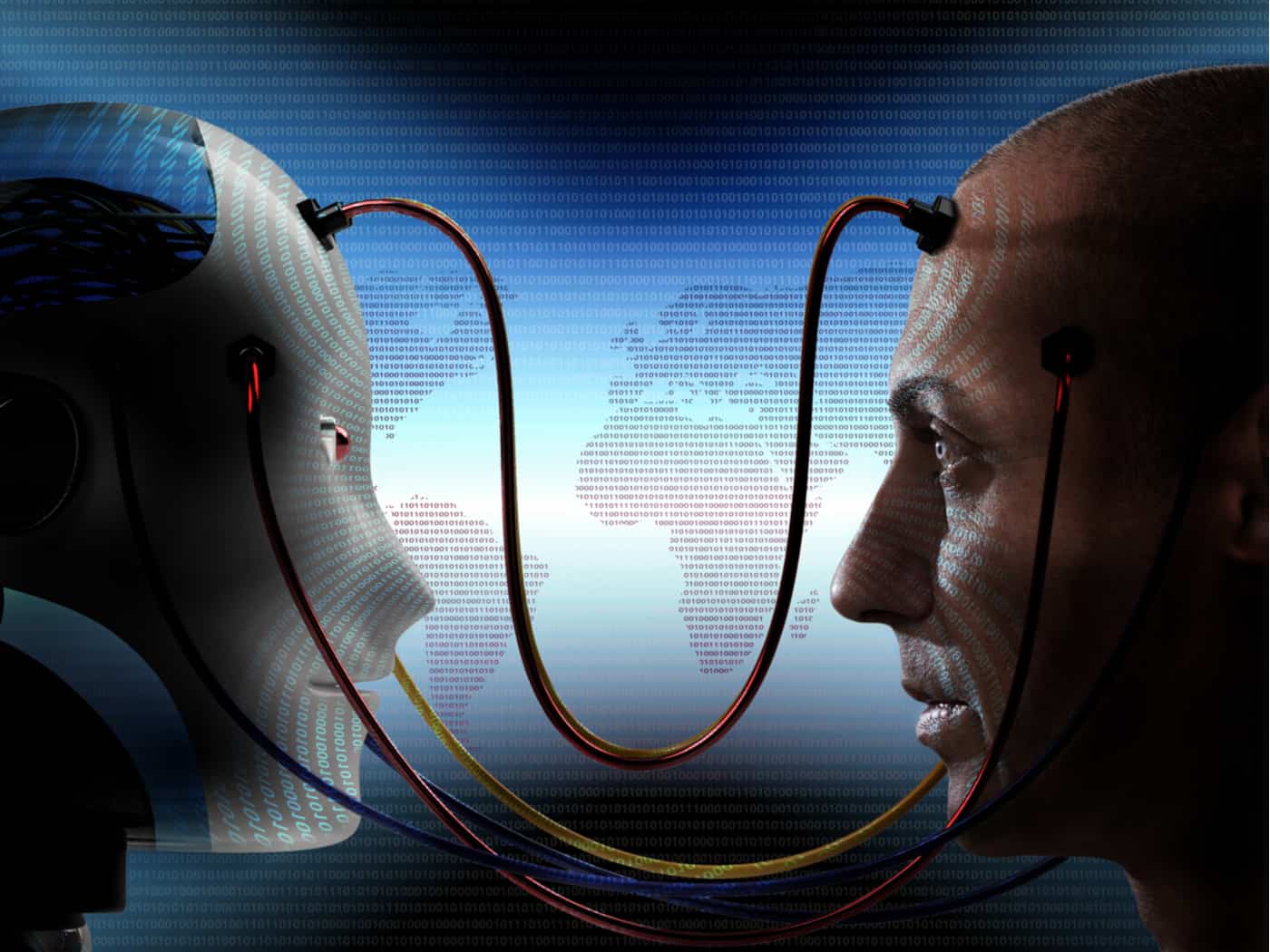Here’s How Artificial Intelligence Will Influence the IoT Development Industry
The AI technology that disrupted the market with its potential to empower machines to mimic human behavior and take wise decisions with less-to-no human intervention is steering the demand for IoT development.

It’s so exciting to see IoT (Internet of Things) growing from a buzzword to a game-changer technology, revamping the business verticals and the ways information is gathered and employed. The technology witnessed endless barriers to gain momentum in the market, such as lack of standards, the absence of supporting technologies, highly-fragmented market structure, unavailability of strong security measures, etc. and is still struggling to become the USP of the technology world.
Though the challenges are still coming in the path of IoT adoption, the technology is expected to gain huge momentum in the market with the help of Artificial Intelligence (AI). The AI technology that disrupted the market with its potential to empower machines to mimic human behavior and take wise decisions with less-to-no human intervention is steering the demand for IoT development. According to the top IoT app development company, AI is resolving various major issues associated with embracing the Internet of Things technology. Some of them are:
Get the Best Updates on SaaS, Tech, and AI
Analyze data in Real-Time
In case of IoT, data from billions of connected devices are collected to boil them down to meaningful, relevant information. This process of gathering, reviews and sharing response is done by keeping various patterns and guidelines into consideration. Doing the same manually or using an online tool could be tricky. It might be difficult to analyze what’s normal and what’s not and then come to the right decisions. However, with the help of AI, this scenario can be simplified with the higher scope of productive outputs.
The Artificial Intelligence will define pools of data and streamline the process of collecting data using the concepts of Dark data and Data lakes. The technology will enable IoT devices to understand the kind of data they are collecting, categorize them based on information gained from the environment, past behavior as well as patterns/similarities learned, and thus, make better decisions.
Since the process will be somewhat automated (no need of human intervention), the scope of working on data in real-time will broadly grow. It will be more feasible to gather, analyze and share data and make smarter decisions without any delay. Besides, the level of accuracy of the data gathered and the decision is taken will be higher, as machines have a lesser-to-no scope of making mistakes.
In technical terms, the AI-based IoT connected devices will make our lives easier with predictive analytics, intelligent automation, and proactive intervention.
The blend of both the technologies will make more sense when the devices were to process visual data. With their own understanding and experience, the IoT devices will be able to study the visual content on a wider scale and deliver the context of images swiftly.
This will sound more effective in case of predicting accidents through the data collected by traffic lights and camera, providing real-time insights to the practitioners to prescribe better solutions, enabling optimized productivity across machinery and supply chain industries, etc.
More Personalization
When it comes to personalization, there’s no exaggeration that Artificial Intelligence is the need of the hour. With cognitive prediction, The IoT machines can automatically adapt and learn from the local ingredients and deliver personalized, optimized solutions to the end users. This can skyrocket the customer experience and productivity.
Ease of Access
The integration of Artificial Intelligence into the IoT will make it easier to access and use different devices. The technologies together will make it easier to access devices using equipment/things like Employee ID card, Keys, etc. Besides, the technology will help an organization to govern the regular access pattern of the employees and detect potentially risky activities without they actually happen using AI’s power to detect an abnormality in the pattern/behavior.
Security over Data Breaches
The IoT devices deal with the considerable amount of personal data, which makes them the prime target for cyber attackers. The hackers, with the evolution of technology, are becoming more sophisticated and coming up with innovative ways to breach data. The Artificial Intelligence, with its predictive analysis, can be the best solution to secure data.
The technology can keep a record of each and every action performed with the data, spot the patterns, and sense data breach/leak holes, with which it can shield the data from those who wish to steal and misuse the sensitive data. In other words, it can assure high-level of security against the data breach activities.
As per the predictions, IoT has a promising future. The IoT market is expected to reach $7B by 2020 with a CAGR of 22.11%. More connected devices along with the concept of Smart building, Smart home, and Smart Car will take over the market, which signifies the business leaders will turn towards IoT app development.
And since AI is supposed to act as the driving force of the IoT landscape, brands and developers are expected to embrace the blend of both the technologies. That means the businesses will accept the power of the IoT and AI under a single term to surpass the competition and leverage the benefits even before the competitors realize that the opportunity exists.
FTC Disclosure: The pages you visit may have external affiliate links that may result in me getting a commission if you decide to buy the mentioned product. It gives a little encouragement to a smaller content creator like myself.


